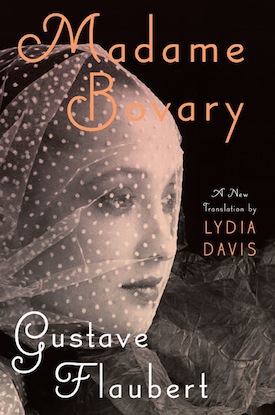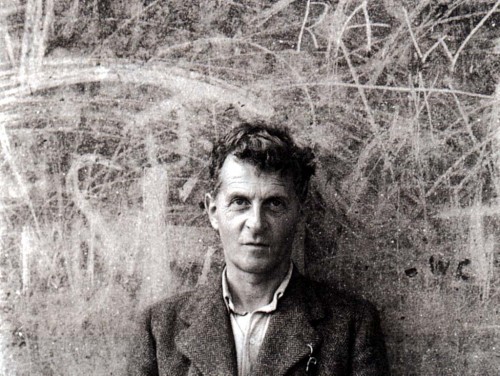I heard Dodie Bellamy use the terms “emotional porn” and “operatic suffering” recently on her blog and I love that. I recently wrote on my blog about “emotional excess” in relation to the films of Andrzej Żuławski, and I’ve just been thinking–I love things that are flamboyantly and unapologetically emotional. It makes me think of teenagers. Since crossing over into my 20s, I look at teenagers and feel kind of embarrassed for them. They lack emotional filters. They’re so direct about their suffering. They’re making themselves look pathetic. But really–I kind of envy them, their lack of restraint. It must be really freeing to be that open without feeling the urge to censor yourself.
When I was in high school, I used to call a certain type of girl a “Plath Girl.” For me, the Plath Girl was white, upper-middle class, educated, a perfectionist, melodramatic, mean, and incapable of feeling joy. I guess I still used this term in college…isn’t that fucked up? This is my therapeutic admission of my fucked-upness. Yes, now I remember. There was a girl I thought was cute and I asked her on a date. She always wore black eyeliner and had a Virginia Woolf tattoo. I thought we could go to the airport and watch the planes take off but she was like, why don’t you just come to my room? When I went to her room, she did lines of coke off her desk while ranting about how much she hated everyone, how depressed she was at school, and before I knew it, she had left me so she could hang with other people. When my friends asked me about the date, I think I just said, “turns out she’s quite the Plath Girl.” (But was this an incorrect categorization? Did the tattoo mean she was actually a Woolf Girl?) Really, I think the Plath Girl is kind of sexy. She has direct access to her emotions and isn’t ashamed to show her bitterness or depression. (I am also involuntarily turned on by emotionally volatile people that can sometimes be cold to me. Perhaps it is a masochistic impulse.) There is certainly a performative element that pervades this kind of outward display of emotion, but that doesn’t mean it’s just some stupid act.




 There is its sense. Space becomes subordinated to time in Madame Bovary; space is now the reflection of time’s passage, its here-and-there deposit, its surplus. But there is another mistake of time: the time of Madame Bovary, in contrast with time in Madame Bovary.
There is its sense. Space becomes subordinated to time in Madame Bovary; space is now the reflection of time’s passage, its here-and-there deposit, its surplus. But there is another mistake of time: the time of Madame Bovary, in contrast with time in Madame Bovary.